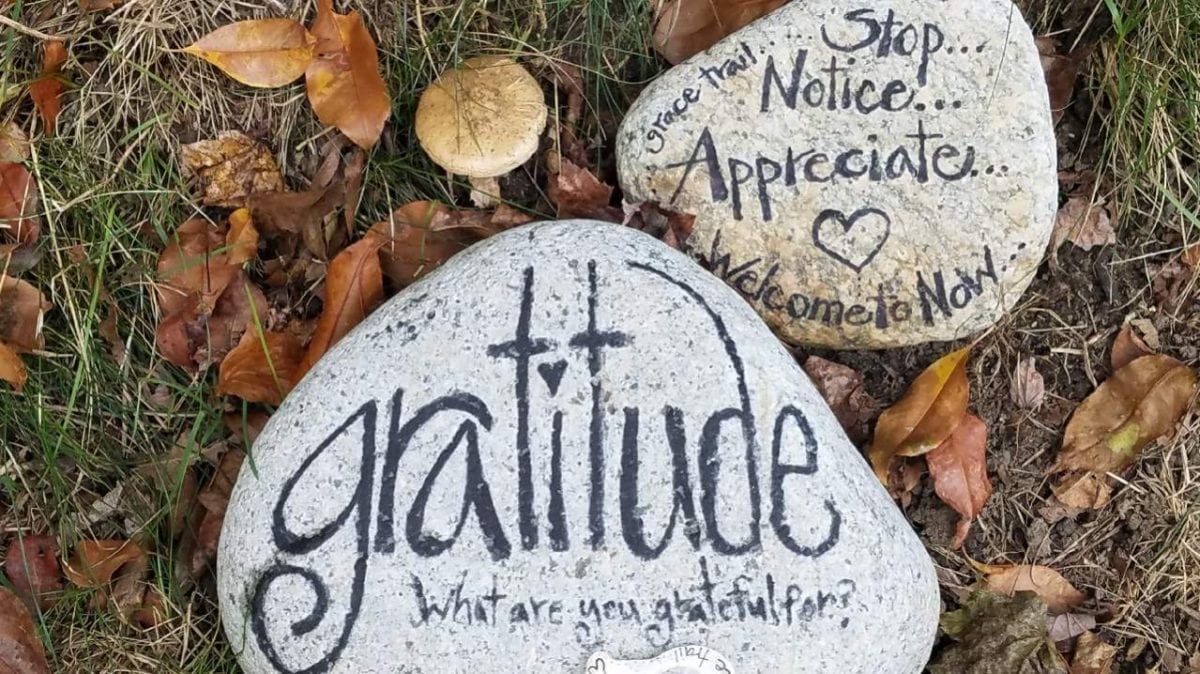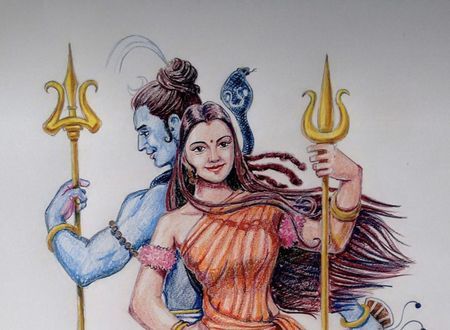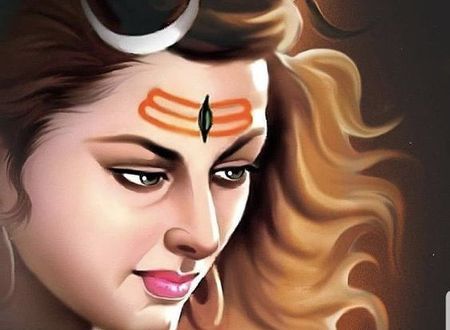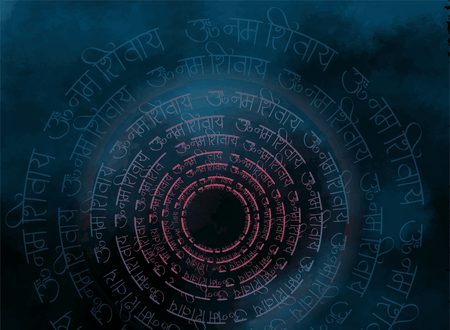I grew up in Delhi. During my childhood, it was a city of wide roads, single houses, and no-night culture, at least not known to us. It was ruthless just as it was all-embracing. It was intolerably hot in summers and inimical in winters. It was a place where identities got blurred. I remember having friends from various regions of India: Bengal, Tamil Nadu, Andhra, Mizoram, Punjab, and Kashmir to name a few. It did not matter where you were from. People often call Delhi ‘a city without culture’. Wonder how Ghalib and Zauq would react to that. ‘कौन जाए ज़ौक़ पर दिल्ली की गलियाँ छोड कर’
Only when I moved away, I realised how it was a blessing to grow up in the city. I am a Delhite born to parents from UP. I have lived in Maharashtra and absolutely love my morning Poha, Sabudana Khichdi, and Wada. I am married to a Delhi-born Tamilian (whose first language of communication is Hindi) and we now live in Hyderabad. We have a nine-year-old son who will mostly grow up to be a proud Hyderabadi.
I am not here to defend the vices of Delhi for there are many—that’s a rant for another time. Today I am counting the blessings this city once bestowed, one of which is a strong sense of multi-identity or no fixed identity, however, you wish to look at it. Our classrooms were a rainbow representation of India; both at school and in college. Even today, I find it difficult to attach any fixed label to my identity. Amidst my Tamilian family, I have become a Tamil comprehending north-Indian. With my north Indian family, I have morphed as a daughter-cook who is an expert at making ‘tayir sadam’, ‘arachuvitta sambhar’, and ‘vatta kuzambu’.
Growing up, we celebrated all festivals. So long as there were mithais who cared what the celebration was for? Every Christmas, my father’s colleague Mr Joseph came in with a rum cake. My father, a teetotaller, knew little about the alcoholic ingredient. The entire family relished the cake. It became a ritual of sorts, where every Christmas we went to their house with chocolates while they came to ours with a cake. A similar ritual played out on Eid, when my father’s much younger Urdu class colleague (Mehboob Ali) came with sweets. Even after thirty years, Mehboob Ali uncle comes every Eid just as we visit his house every Diwali. Over the years, our friends have ensured that the bounty of Eid—sweet sewai and mithai reach us.
We are blessed to have friends who have wholeheartedly opened their house to sometimes as many as 70-80 people (friends and neighbours) to share the goodness of Eid. Badr and Safia invite us for Eid and bring Mithai for Diwali. So you see, my mithai supply is taken care of:)
Eid Mubarak to everyone in my os.me family! I wish to share the narration of Idgaah (a short story in Hindi by Munshi Premchand). If you have studied Hindi, you must have come across this literary gem. This story never ceases to stun and surprise me no matter how many times I read it. Initially, I saw it as a narrative of love and empathy. Subsequent readings showed me the realistic description of village folk encountering the city (and really, the religion and identity do not matter here), the ruthless dynamics between children, and the societal pressure and conditioning towards celebration even in extreme poverty. Check for the line where Old Aamina says ‘‘किसने बुलाया था निगोड़ी ईद को? इस घर में उसका क्या काम?’ and ‘‘आज क़ायम अली अगर आँखें फेर लें तो सारी ईद मुहर्रम हो जाए’।
I wonder how festivals and celebrations make the unprivileged in society feel? They would be happy just as they would be stressed. Munshi Premchand’s classic story is a sensitive portrayal of people living on the margins. The undying commitment to telling the tales of the voiceless can be seen through his entire body of work. Here’s the link to the story. I am deeply grateful to my friend and husband Akshay Iyer for editing and sound effects.
May Swami light up your life with love and generosity this Eid. I must appreciate your patience in taking out time for reading this post and listening to the story. Thanks.









Comments & Discussion
50 COMMENTS
Please login to read members' comments and participate in the discussion.